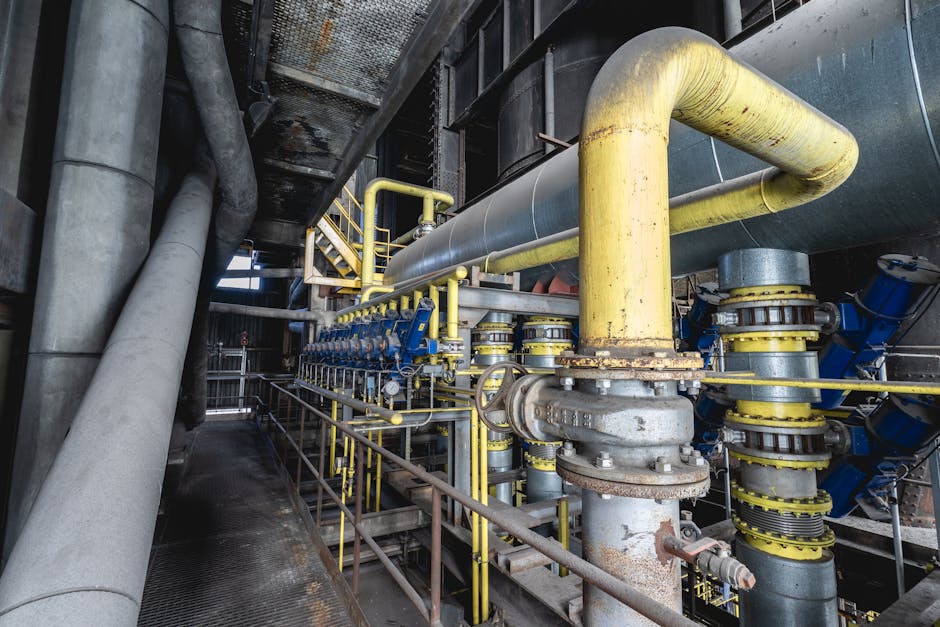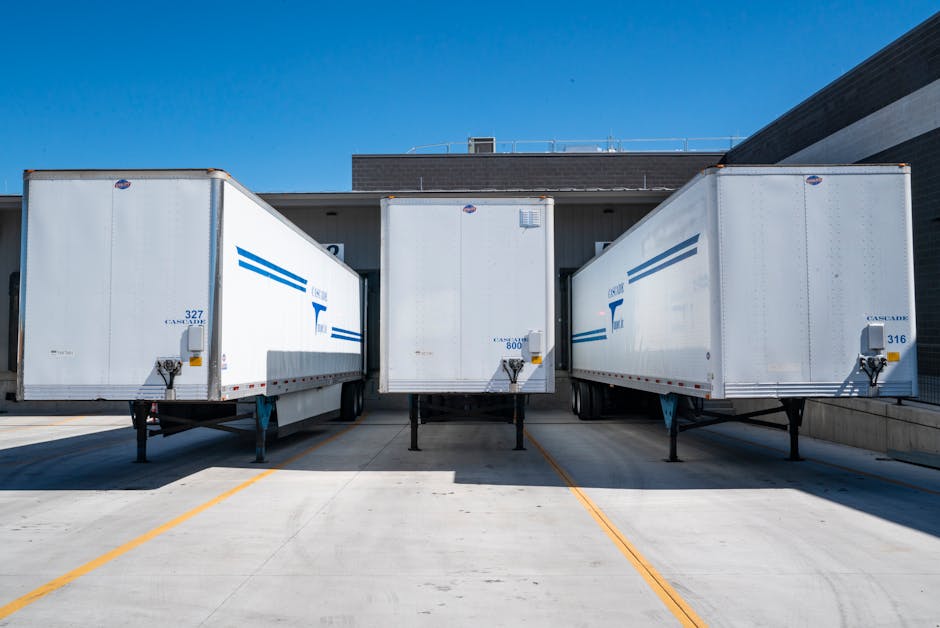

In the world of transportation and logistics, the importance of maintaining optimal tire conditions cannot be overstated. **Trailer tire temperature sensors** have emerged as an essential tool in ensuring both safety and efficiency on the road. These sensors provide real-time monitoring of tire temperature, which is crucial for preventing catastrophic failures such as blowouts. With the ability to detect abnormal temperature changes, these sensors offer drivers and fleet managers the opportunity to take preventive measures before a minor issue becomes a major problem.
The primary function of a trailer tire temperature sensor is to monitor the heat generated within a tire. Excessive heat can be a sign of several issues, including under-inflation, overloading, or even a brake issue. By detecting these problems early, a temperature sensor can alert drivers to potential hazards, allowing them to address the issue promptly. This **proactive approach** not only enhances safety but also extends the lifespan of tires, reducing maintenance costs over time.
For those in the transportation industry, investing in a trailer tire temperature sensor is not just about safety; it’s about efficiency and peace of mind. As technology continues to advance, these sensors are becoming more sophisticated, offering features that integrate seamlessly with existing fleet management systems. This integration provides a comprehensive overview of a trailer’s condition, ensuring that everything is operating smoothly.
**Tow with peace of mind, knowing that TrailerWatchdog is standing guard**. To learn more about how our state-of-the-art monitoring systems can transform your trailers into smart trailers, visit trailerwatchdog.com.
Importance of Monitoring Tire Temperature

Monitoring tire temperature is a crucial aspect of maintaining the **safety and efficiency** of any trailer operation. Tires are the primary point of contact between the trailer and the road, and their condition directly affects the performance and safety of the entire vehicle. One of the most significant dangers associated with tires is overheating, which can lead to tire failure and potentially catastrophic accidents.
**Excessive tire temperatures** can be caused by a variety of factors, including under-inflation, overloading, and even environmental conditions. When a tire overheats, its structural integrity is compromised, increasing the risk of a blowout. This not only poses a danger to the driver and cargo but also to other road users. In instances where trailers are carrying hazardous materials, the consequences of a tire failure can be even more severe.
By maintaining a close watch on tire temperature, potential issues can be identified and addressed before they escalate. This proactive approach not only prevents accidents but also contributes to more efficient fuel consumption. Properly inflated and maintained tires reduce rolling resistance, which can significantly improve fuel economy. Additionally, regular monitoring can prolong the lifespan of tires, as maintaining optimal temperature helps prevent premature wear and tear.
Incorporating a **trailer tire temperature sensor** into a fleet management strategy is a wise investment. These sensors provide real-time data, enabling drivers and fleet operators to make informed decisions about tire maintenance and operation. In an industry where margins can be tight, the ability to prevent costly downtime and repairs makes tire temperature monitoring an essential practice for any trailer-dependent business.
How Tire Temperature Sensors Work
Tire temperature sensors are a marvel of modern technology, designed to enhance the safety and functionality of trailers by providing real-time data on tire conditions. These sensors are typically embedded within the tire structure or mounted on the valve stem, where they can continuously monitor the temperature and pressure of each tire.
The working principle of a **trailer tire temperature sensor** revolves around measuring the heat emitted from the tire. As tires rotate, friction between the tire and the road surface generates heat. The sensors capture this thermal energy and convert it into data that is transmitted wirelessly to a central monitoring system within the vehicle. This system then displays the information on a dashboard, alerting the driver to any deviations from the normal temperature range.
Most temperature sensors operate using **thermocouple technology**, which consists of two different metals that generate an electrical voltage in response to temperature changes. This voltage is proportional to the temperature, allowing the sensor to provide precise readings. Advanced sensors also incorporate pressure monitoring capabilities, offering a comprehensive view of tire health.
In addition to providing immediate alerts in the event of overheating, these sensors can store data over time, enabling fleet operators to analyze trends and make informed maintenance decisions. This data-driven approach not only enhances safety but also contributes to more efficient operation by identifying potential issues before they result in costly repairs or downtime.
Benefits of Using Temperature Sensors

The integration of **trailer tire temperature sensors** into your transportation system offers a multitude of advantages that extend beyond mere convenience. One of the most significant benefits is the enhancement of safety. By providing real-time alerts on tire temperature anomalies, these sensors allow drivers and fleet managers to take immediate corrective actions, thereby preventing tire blowouts and potential accidents on the road.
Another key benefit is the promotion of **cost-efficiency**. By maintaining optimal tire temperature and pressure, these sensors help to extend the lifespan of tires, reducing the frequency of replacements and minimizing maintenance costs. Furthermore, by preventing tire-related incidents, they reduce downtime and the associated financial losses, keeping fleets operational and productive.
Protect your trailer
In terms of environmental impact, temperature sensors contribute to improved fuel efficiency. Properly inflated tires with optimal temperature conditions experience less rolling resistance, leading to lower fuel consumption and reduced emissions. This not only benefits the environment but also results in significant cost savings for fleet operators.
Moreover, the data collected by these sensors facilitates proactive maintenance strategies. Fleet operators can analyze historical tire data to predict wear patterns and schedule maintenance activities accordingly. This predictive maintenance approach ensures that issues are addressed before they become severe, enhancing the overall reliability of the fleet.
In essence, investing in tire temperature sensors is a strategic decision that enhances safety, reduces operational costs, and supports sustainable practices, making it an indispensable tool for modern transportation systems.
Preventing Tire-related Accidents

Tire-related accidents pose a significant threat to road safety, often resulting from tire blowouts or failures that occur unexpectedly. A **trailer tire temperature sensor** plays a crucial role in averting these incidents by offering proactive monitoring and alerts. These sensors continuously assess the temperature of the tires, identifying abnormal rises that could indicate underlying issues such as overloading, under-inflation, or even mechanical problems.
By receiving real-time notifications of temperature spikes, drivers can take immediate action to address potential hazards. This might involve pulling over to allow the tires to cool down, inspecting for visible damage, or adjusting load distribution. Such **preventive measures** significantly reduce the risk of tire blowouts, which are often caused by excessive heat buildup within the tire structure.
Additionally, these sensors help in identifying slow leaks or punctures that might not be immediately apparent. By recognizing small changes in tire conditions, drivers can address these issues promptly, preventing them from escalating into more severe situations on the road. This not only enhances the safety of the current journey but also ensures the long-term health of the tires.
Furthermore, the integration of tire temperature sensors into fleet management systems provides fleet operators with valuable data for trend analysis. By examining patterns in tire performance, operators can implement **strategic maintenance schedules** and training programs for drivers, focusing on load management and driving habits that impact tire conditions.
Incorporating these sensors into trailer systems is a proactive step towards minimizing tire-related accidents, fostering a safer driving environment for both fleet operators and the general public.
Choosing the Right Temperature Sensor

When it comes to selecting a **trailer tire temperature sensor**, several key factors should be considered to ensure optimal performance and safety. First and foremost, it's essential to choose a sensor that is compatible with your specific trailer type and tire configuration. Compatibility ensures that the sensor can accurately read and relay temperature data without any technical hitches.
Durability is another critical factor. The sensor should be able to withstand various environmental conditions such as extreme temperatures, moisture, and road vibrations. A robust design will ensure longevity and reliability, providing peace of mind during long hauls.
Accuracy and response time are also paramount. The sensor should deliver precise readings and promptly alert drivers to any abnormal temperature changes. This rapid response is crucial for taking timely action to prevent potential tire failures.
Consider the ease of installation and maintenance as well. A user-friendly sensor not only simplifies the setup process but also makes regular maintenance hassle-free, ensuring that the system remains in top working condition.
Lastly, evaluate the data integration capabilities of the sensor. Advanced sensors often come with connectivity options that allow seamless integration with fleet management systems, providing comprehensive data analytics for better decision-making.
Tow with peace of mind, knowing that TrailerWatchdog is standing guard. Our state-of-the-art trailer monitoring systems are designed to keep you informed and safe on the road, transforming any trailer into a smart trailer.




